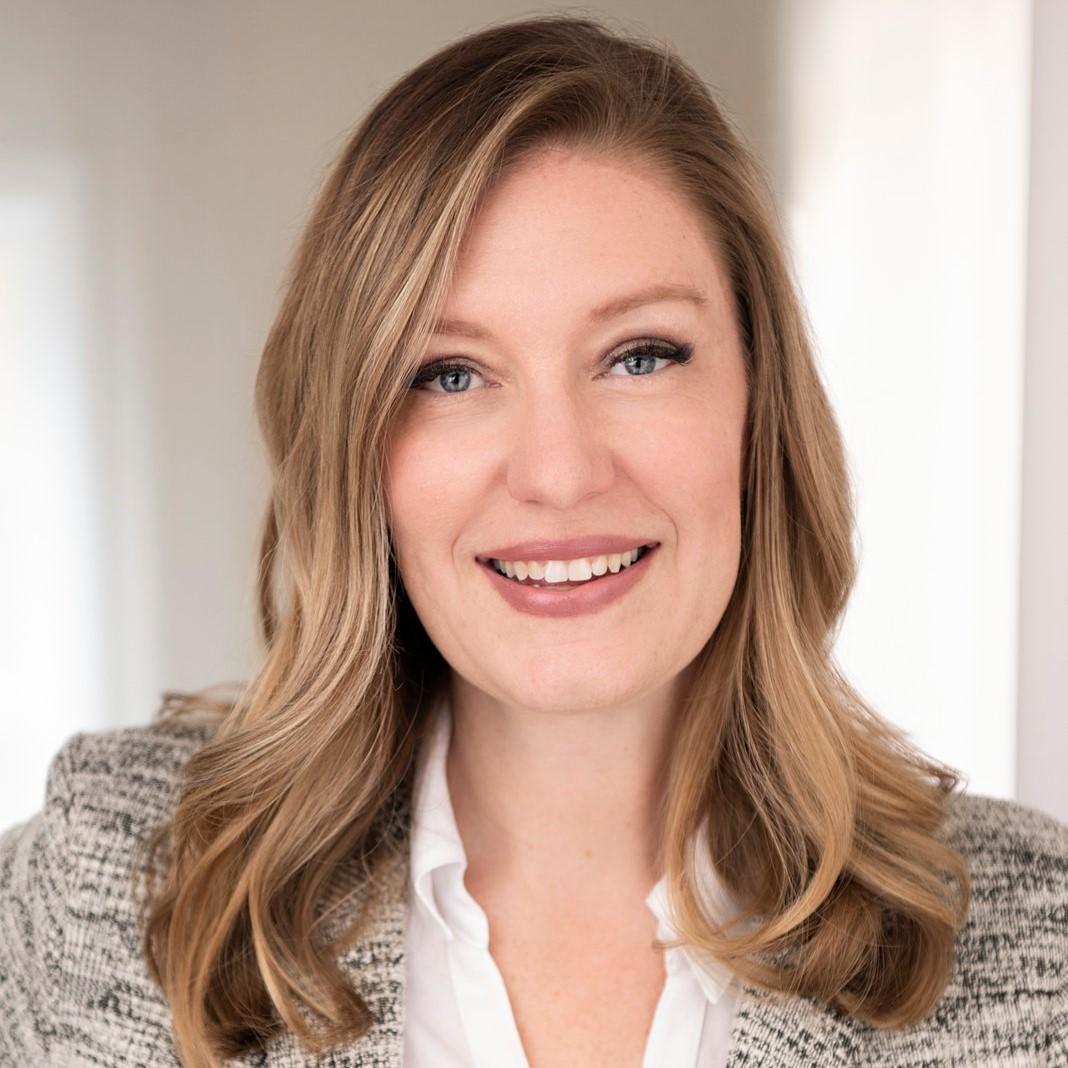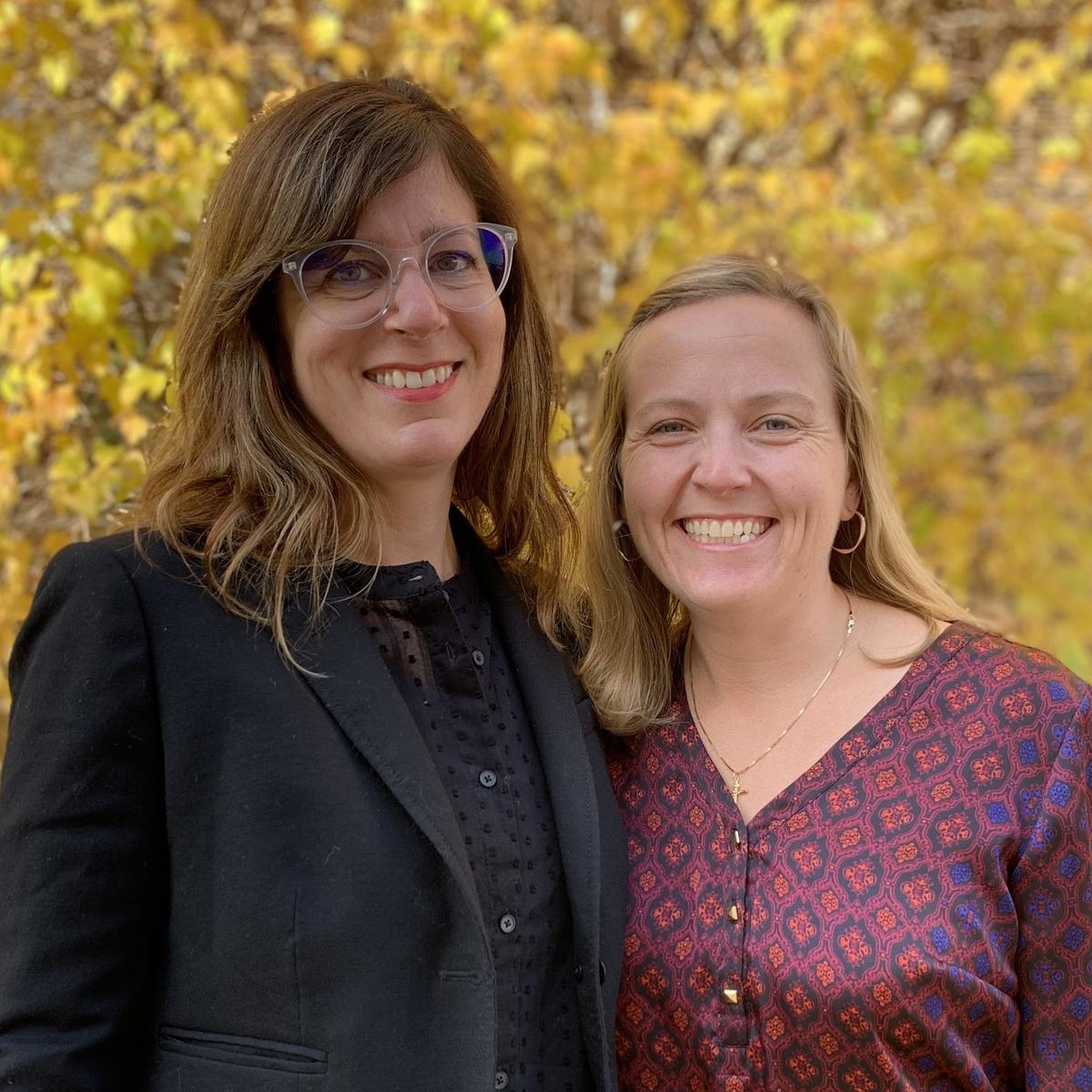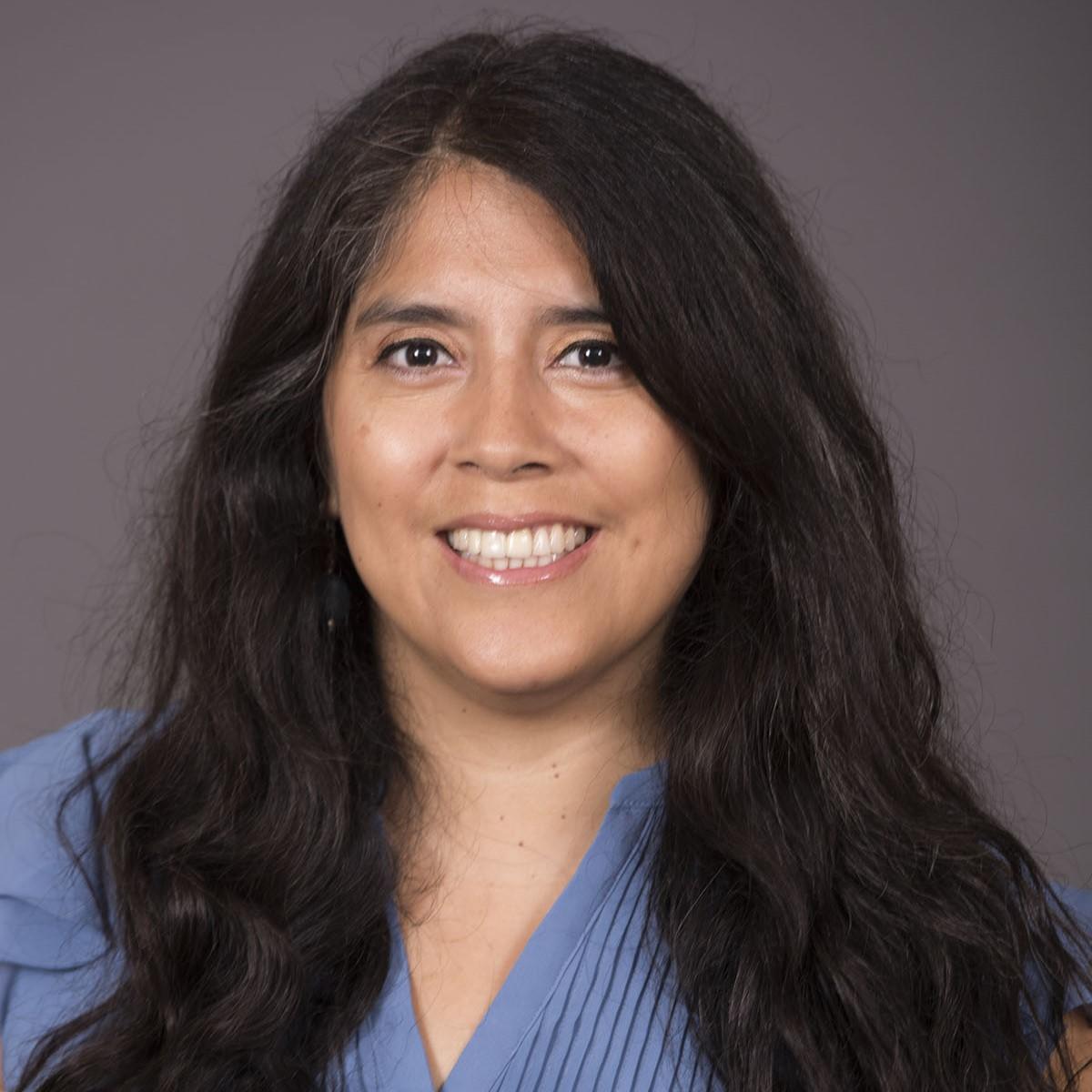Keynote Speaker
Michelle Benegas
Charting a Scholarly Agenda at the Intersection of Language and Justice
How do your life experiences drive your scholarship? This keynote address follows an early career researcher’s experience of charting an undivided scholarly agenda at the intersection of language and justice. After Michelle Benegas defended her dissertation in 2015 and began her career as a professor at a small liberal arts college, she was confronted with choices about the direction of her scholarly work. This talk weds the personal with the professional and illustrates how:
- An exchange between student teacher supervisors at a conference led to a state-wide study on the negative effects of the co-teaching movement;
- A frustrated conversation with a colleague about the rollout of the Minnesota Learning English for Academic Proficiency and Success (LEAPS) Act led to a $1.4 million grant-funded state-wide longitudinal study on teacher leadership and a best-selling book;
- A phone call with an exasperated friend during the early days of the COVID led to a tri-state study on the roles of ESL teachers during emergency response teaching and learning;
- The murder of George Floyd led to a field coming to terms with the role of white supremacy in the paradigm of academic language and a book project on the language of identity and language of access;
- Parenting a child with delayed literacy development led to a study on the outcomes and experiences of Science of Reading-informed approaches for multilingual learners.
Parker Palmer writes of the "integrity that comes from being what you are”. As researchers, our integrity, or wholeness, is critical to our contributions to our field as well as to our evolving society. In this talk, Benegas will guide you through her experience charting an undivided scholarly agenda as well as suggest how you can do the same.
Michelle Benegas is an associate professor of TESOL at Hamline University in Saint Paul, Minnesota. She completed her Ph.D. in Curriculum and Instruction - Second Languages and Cultures at the University of Minnesota in 2015. Benegas was the principal investigator of the ELM (English Learners in the Mainstream) Project, a 2016-2022 National Professional Development grant initiative from the US Department of Education. Her research interests include teacher leadership, systemic approaches to improving services for multilingual learners, and the Science of Reading for multilingual learners. She is the co-author of Teacher Leadership for School-Wide English Learning (TESOL Press). Her new book, Language of Identity, Language of Access (LILA): An Anti-Oppressive Guide to Language in the Classroom is coauthored by Natalia Benjamin and will be published by Corwin Press in 2024.
Plenary Speakers
Kate Paesani & Mandy Menke
Centering Language Learners Through Critical Pedagogies: Perspectives on Research and Practice
What does it mean to center the learner in language education? How can critical pedagogies facilitate this centering? We address these questions by discussing two critical approaches–the multiliteracies framework (New London Group, 1996) and social justice pedagogy (Hackman, 2005)--that play an increasingly important role in postsecondary language programs. We begin by overviewing these approaches and the ways in which they center language learners. Next, drawing on data from teacher cognition studies, we consider the affordances and constraints postsecondary language teachers encounter in the enactment of these approaches. Finally, we conclude with implications for research, teacher professional development, and materials creation related to centering learners through critical pedagogies.
Kate Paesani (Ph.D., Indiana University) is Director of the Center for Advanced Research on Language Acquisition (CARLA) and Associate Professor in the Department of French and Italian at the University of Minnesota. Her research focuses on critical pedagogies, language teacher cognition and identity development, and postsecondary language programs. Her work has appeared in journals such as Annual Review of Applied Linguistics, Foreign Language Annals, L2 Journal, Language, Culture & Curriculum, and Language Teaching Research. She is the co-author of the books A Multiliteracies Framework for Collegiate Foreign Language Teaching (Pearson, 2016) and Foreign Language Literacies: A Guide for Teachers and Teacher Educators (Georgetown University Press, 2023). She is also co-editor of the open-access journal Second Language Research & Practice and a current member of the ACTFL Board of Directors.
Mandy Menke (Ph.D., University of Minnesota) is an Associate Professor in the Department of Spanish and Portuguese Studies at the University of Minnesota. Her research focuses on critical pedagogies, Spanish second language acquisition, language teacher development, and syntactic complexity. She is the co-author of Literacies in Language Education: A Guide for Teachers and Teacher Educators (Georgetown University Press, 2023) and the co-editor of Evolving Perspective on Advancedness: Research from Second Language Spanish (John Benjamins, 2021). Her work also appears in journals such as Journal of Second Language Writing, Foreign Language Annals, L2 Journal, Language, Culture & Curriculum, Hispania, and Studies in Hispanic and Lusophone Linguistics.
Panel Moderator
Blanca Caldas Chumbes
Blanca Caldas is a transnational Latina scholar of Quechuan descent and an Assistant Professor in Multilingual and Elementary Education at the University of Minnesota, Twin Cities. She is also a Chicano & Latino Studies and RIDGS (Race, Indigeneity, Disability, Gender & Sexuality) affiliate faculty. Her research focuses on pre/in-service Dual Language Bilingual teacher education, minoritized language practices, Mexican American/Latinx ethnic studies, critical and decolonial pedagogy, critical (performance) ethnography, critical discourse analysis, critical narrative analysis, and testimonios. She presents her work at local, national, and international conferences, including ethnographic performances of her work. Her work is published in both English and Spanish.


